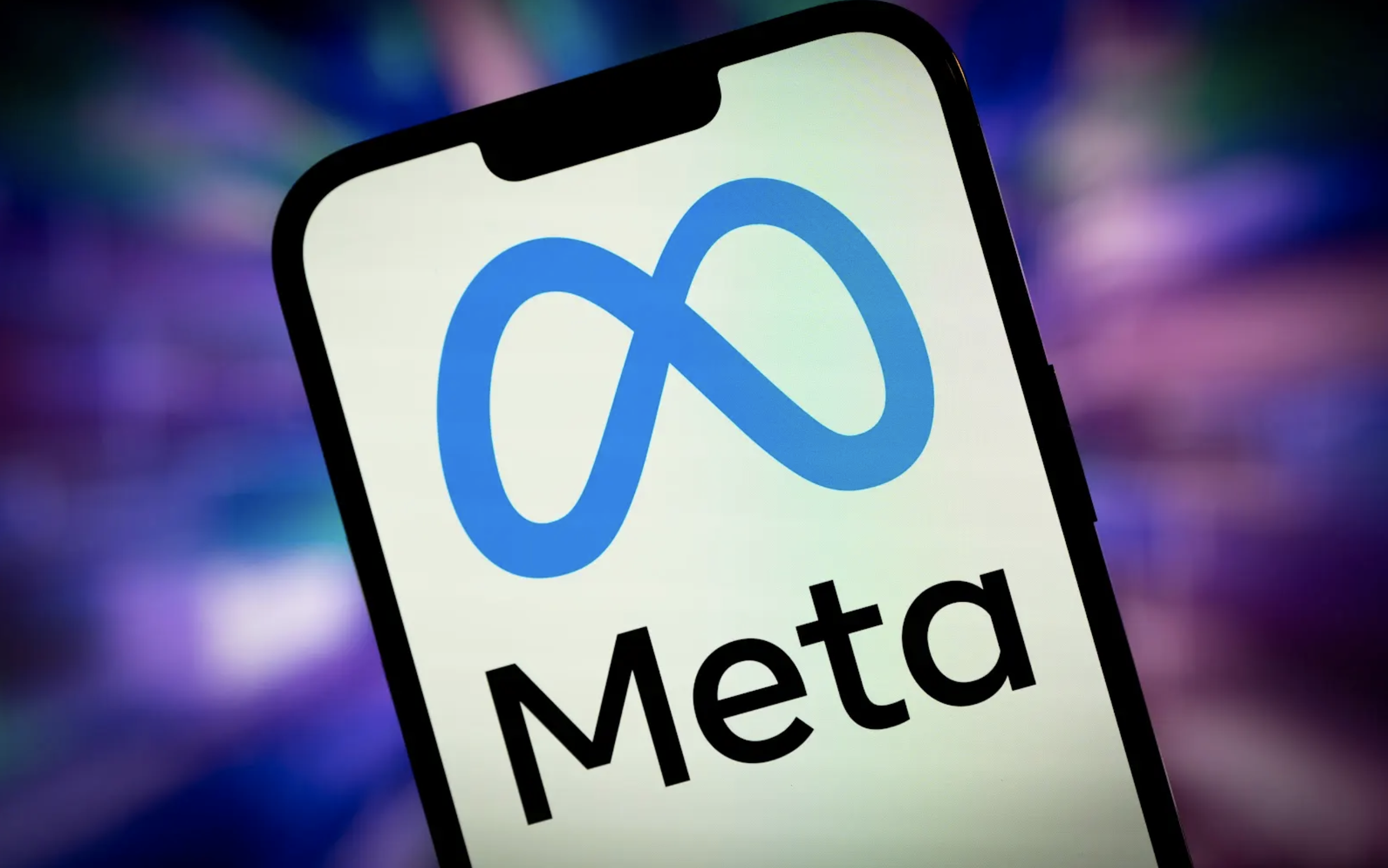
Image source: Facebook.
Facebook (FB 2.95%) may not be developing its own games, but they are the main driver behind its payments and fees revenue -- which has declined over the past several years to just 3% of sales as of the most recently reported quarter.
But earlier this month, the company announced a strategic partnership with Unity Technologies, the largest global development platform for creating 2D, 3D, virtual reality, and augmented reality games and experiences. They are collaborating to integrate new features into Unity's platform that will streamline the process for publishing games on Facebook. This could get more Facebook users gaming on desktop and laptop computers -- and potentially turn around its declining payments and fees revenue.
Why Facebook wants PC gamers
There's no denying that advertising is the bread and butter at Facebook, but there is still a significant opportunity for the company to grow its payments and fees. Virtually all of the $197 million generated by the company in this segment comes from the 30% service fee it levies on in-game purchases. And even though the number of people playing games on Facebook increased from 375 million in 2014 to an estimated 650 million players this year, payments revenue declined roughly 8% year-over-year in that period.
This is mostly a result of Facebook users spending an increasing amount of time on the mobile app and less time accessing the site -- and playing games -- on their laptop and desktop computers. Companies like Zynga and King Digital, makers of several of the top-grossing mobile games in the world, have their own smartphone apps. At the same time, both of these companies have moved away from Facebook's PC gaming platform and focused on developing their own websites. King Digital's Candy Crush Saga and Zynga's Farmville 2 are still two of the top five highest-grossing games on Facebook, but in 2011, Zynga games regularly accounted for four out of the five highest-grossing games on Facebook.
As makers of the most popular titles continue to reduce their reliance on the social network, Facebook's payments revenue will most likely continue to decline.
What Unity can do for Facebook
Unity Technologies provides developers with a game engine: essentially a base code that handles the core operations of a game and speeds up its overall development. Unity estimates its platform is used in more than 31% of the 1,000 top grossing mobile games, and its software is used in 90% of the content for the Samsung Gear VR and Facebook's Oculus. It was even behind the phenomenally popular augmented reality game Pokemon Go.
Facebook hopes the partnership with Unity will provide it with a steady stream of new games, which also rely on Facebook ads to increase player acquisition. Zynga alone spent $128.9 million in 2015 advertising with other mobile games and social networks such as Facebook via in-app advertising partners. And Facebook's integration with the all-new Unity PC gaming platform will not only provide new sources of payments revenue but also new customers who spend heavily on advertisements.
While advertising undoubtedly drives the business, games have the potential to become an increasingly important component to Facebook's overall business strategy. If developers on the Unity platform continue releasing successful games, it could be enough to turn around the declines in payments and fees.






